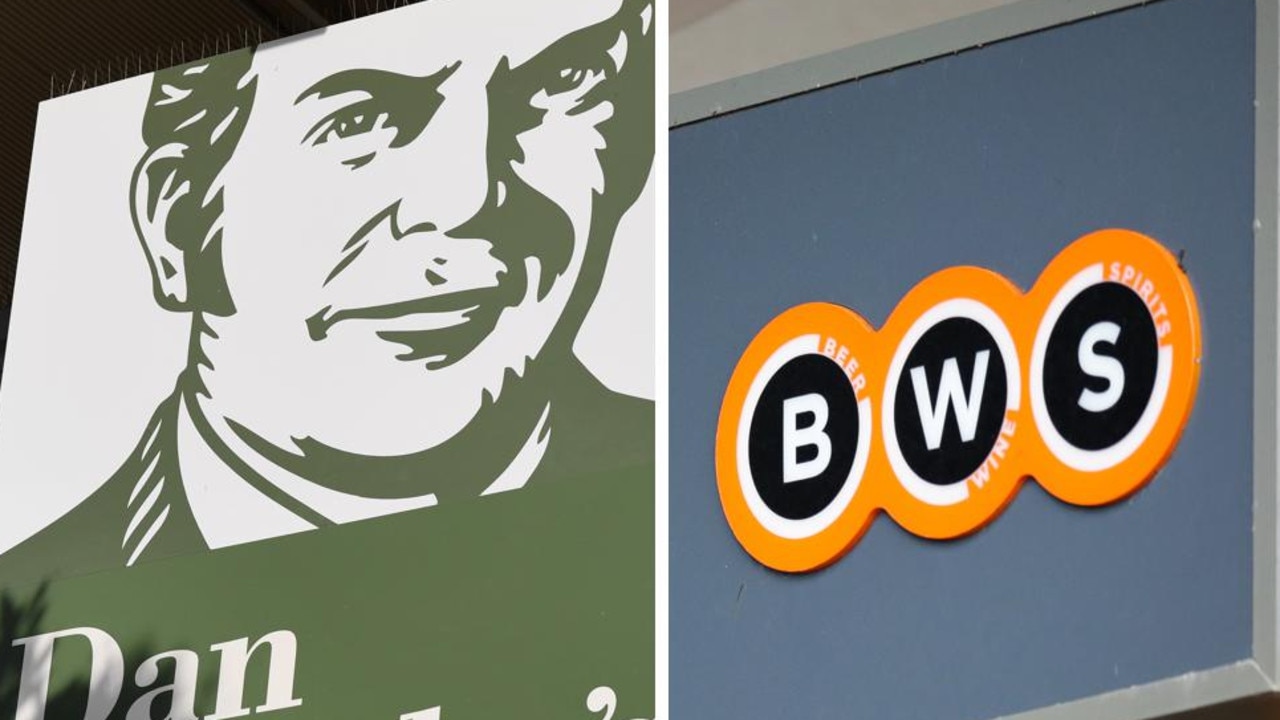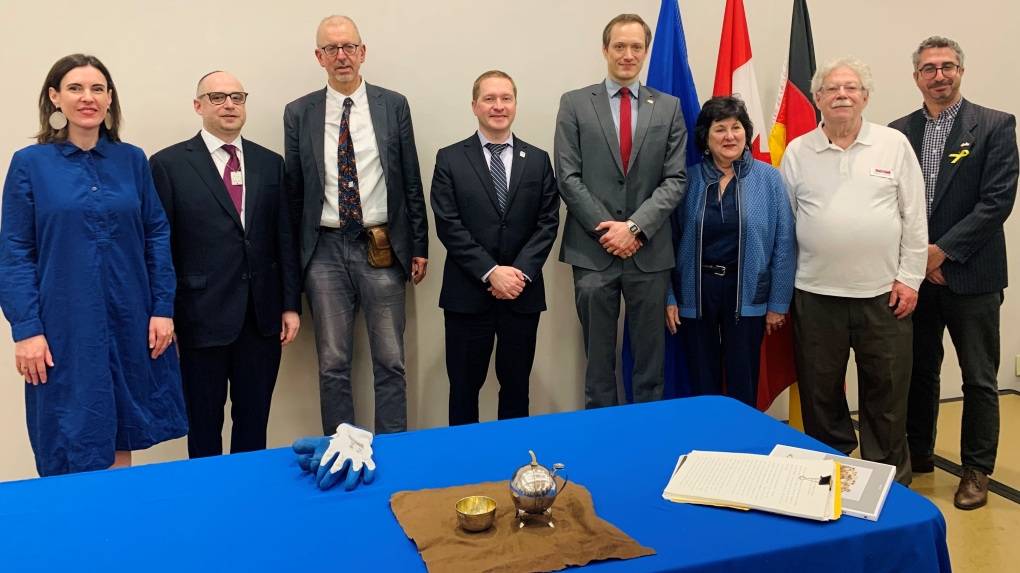Press play to listen to this article
LONDON — Boris Johnson’s government is firmly on the fence when it comes to China, but that fence has got much trickier to balance on since Russia invaded Ukraine.
Since becoming prime minister in 2019, Johnson has sought to maintain a nuanced relationship with Beijing, demonstrating an eagerness to do as much business as possible while keeping Chinese companies out of critical national security matters.
That always looked awkward to many in the Conservative Party but Vladimir Putin’s decision to send troops into Ukraine — which China has neither condemned nor endorsed — further strains that delicate balance.
The U.K.’s approach to China is under fresh scrutiny after POLITICO revealed last week that the government has opted not to intervene in the takeover of a Welsh microchip factory described as a “first order strategic issue” by the U.K.’s former cybersecurity chief.
More than half a year after he began a review, Stephen Lovegrove, the national security adviser, concluded there is insufficient concern to block the purchase of Newport Wafer Fab by Nexperia, a Dutch subsidiary of the Chinese technology company Wingtech, according to two government officials.
Ministers stress that they can still intervene at any point if concerns arise — but the Commons foreign affairs committee on Tuesday demanded answers on the outcome of the government’s review, and critics see the row as the latest sign Johnson is taking an inconsistent approach toward Beijing.
As well as waving through the microchip factory takeover, the prime minister has ordered a restart of high-level trade talks with Beijing via the Joint Economic and Trade Commission, while Sunak wants a return of the U.K.-China Economic and Financial Dialogue. Both allow ministers and senior officials from Britain and China to discuss economic cooperation.
Yet at the same time, ministers backed a diplomatic boycott of the Beijing Winter Olympics and Liz Truss, the foreign secretary, has ordered the withdrawal of British judges from Hong Kong amid concerns over a crackdown on freedoms. Kwasi Kwarteng, the business secretary, is also discussing ways to reduce reliance on China for rare earth minerals including lithium, an ingredient of electric car batteries, as part of a government strategy due later this year.
“Boris Johnson has been giving very mixed messages,” Yu Jie, a senior researcher on China at Chatham House, said. “He has declared himself a Sinophile but his actions don’t align with that. And so while the Chinese can have a dialogue with the British about trade, they also know the limitations.”
“We’re asking China for trade talks while boycotting the Olympics. It makes no sense,” a British government official who advocates a more hawkish policy said.
Ministers have intervened in some attempted takeovers – notably the proposed sale of Perpetuus, a specialised graphene manufacturer, by a Chinese consortium, and are working to shut out China’s state-owned CGN from building a nuclear power plant in Suffolk. But the government is under pressure to do more to resist Beijing’s plan to dominate global high-tech manufacturing — a strategy it terms Made in China 2025 — and focus on building trade and investment from like-minded democracies.
Some of that pressure comes internally from members of the Cabinet, including Truss, who told the Conservative Party’s spring conference that Britain must end its “dependency on authoritarian regimes” and linked the boycott of Russian oil to Britain’s earlier decision to exclude the Chinese telecoms firm Huawei from its 5G network.
But proponents of the government’s approach say Russia’s war only underscores the importance of keeping conversation open with Beijing, which has notably refused to throw its weight behind Moscow. “We’ve got to move beyond being ‘for’ or ‘against’ China … It’s in the U.K.’s interests to engage as broadly as we can to retain channels and relationships for the long term,” a senior U.K. government official involved in China relations said.
Richard Graham, the government’s trade envoy to east Asia, said: “Getting the balance of the relationship with China will never be easy or simple — but a failure to engage will only lead to dangerous misunderstandings. In a regular, healthy dialogue, we can be robust on human rights, positive about expanding trade, welcoming to much inward investment and raise concerns. All the prime minister’s instincts are to enable to us have that relationship.”
‘Fervently Sinophile’
There is little doubt where the prime minister — who reportedly described himself to a group of businesses as “fervently Sinophile” — stands on the question of engagement with Beijing. While the Conservative Party has shifted from bullish talk of a “golden era” of relations under former Prime Minister David Cameron to open hostility over China’s actions in Hong Kong and Xinjiang province, Johnson himself has stayed remarkably consistent.
The current prime minister’s pro-investment policy has always been rooted in pragmatism rather than any particular love for China, according to a former senior official who worked closely with Johnson while he was London mayor.
In 2013, while the then-Chancellor George Osborne was courting investors in China, he was upstaged by a visit by Johnson. “He was accorded the red carpet which was unusual for a mayor, even one of a major city,” the official recalled. “We did a lot of trade trips around the world — India, the U.S., the Gulf, Malaysia, Singapore — but China was the really big one.”
The same official added: “Johnson’s view on it was, what’s good for London is good for London. If he can attract people to buy derelict sites and do them up, and then he would do that. If he could bring investment into London in terms of infrastructure, then he would do it. He took a very kind of sunny uplands approach.”
A former employee in London & Partners, the private company Johnson started to drive investment in the capital, recalls that China was a priority target because it was seen as more willing to spend than the other major emerging power, India. “Everybody knew there was so much money that could be got in the right circumstances, but it was very murky,” they said. “India had a reputation of promising a lot but delivering little.”
China’s authoritarian turn is now seen as all the more reason to engage, according to a former No.10 official familiar with the prime minister’s thinking. “He worries about the Uyghurs, but his view is that it is China overreacting,” they said, referring to Beijing’s treatment of the Uyghur minority in China’s Xinjiang region, branded a “genocide” by the United States.
“They had a bit of a terrorist problem within their Muslim minority and they’ve come down on it hard,” the former No.10 official said. “That is their weakness, and that’s partly because we’re not having a dialogue with them. The PM would like us to keep the conversation going. They’re a big player, you’ve got to have a relationship — you can’t just sit there chucking rocks.”
‘Have your cake and eat it’
The challenge will be continuing to do that under pressure from the U.S. to, in effect, pick a side.
“You can’t talk about the U.K.-China policy without talking about the U.S,” Yu said. “The U.K. is heavily influenced by the special relationship, the New Atlantic Charter and the AUKUS [defense] partnership. While it is more nuanced, London’s position is ultimately aligned with Washington’s.”
John Bew, who has been Johnson’s foreign policy adviser in Downing Street since 2019, warned a few weeks before joining government that maintaining this nuance was becoming more and more challenging.
“The world is now faced with this difficult challenge between choosing between the two [China and the U.S.] and America will make its allies choose. And that’s what’s happening,” he told the Global Axess podcast in June 2019.
“The British approach, I would call it the have your cake and eat it, which is: Enjoy the fruits of being under the American security umbrella, NATO and those other things — and all the advantages that gives you in terms of intelligence and the broad, big market with the U.S. — but also be first with cap in hand for inward Chinese investment, using the City of London to kind of cycle this money through. That’s going to become more difficult to navigate.”
“If I was British foreign secretary that’s exactly what I would do, I’d try to navigate those two things — but the sharpness of the choices and dilemmas is going to get harder and harder.”
The former City Hall official said of Johnson: “Given that he’s still pursuing the same policy he did as mayor, even though the evidence about China is much stronger now than it was then, it’s clear that it was always about driving the best terms for London PLC. He’ll now be looking at driving the best terms for Britain PLC. That involves a certain amount of pragmatism … and the pragmatic thing is, well we want the money and we need the money.”
This article is part of POLITICO Pro

The one-stop-shop solution for policy professionals fusing the depth of POLITICO journalism with the power of technology
Exclusive, breaking scoops and insights
Customized policy intelligence platform
A high-level public affairs network

https://www.politico.eu/article/boris-johnson-china-ukraine-putin-war-invasion/




